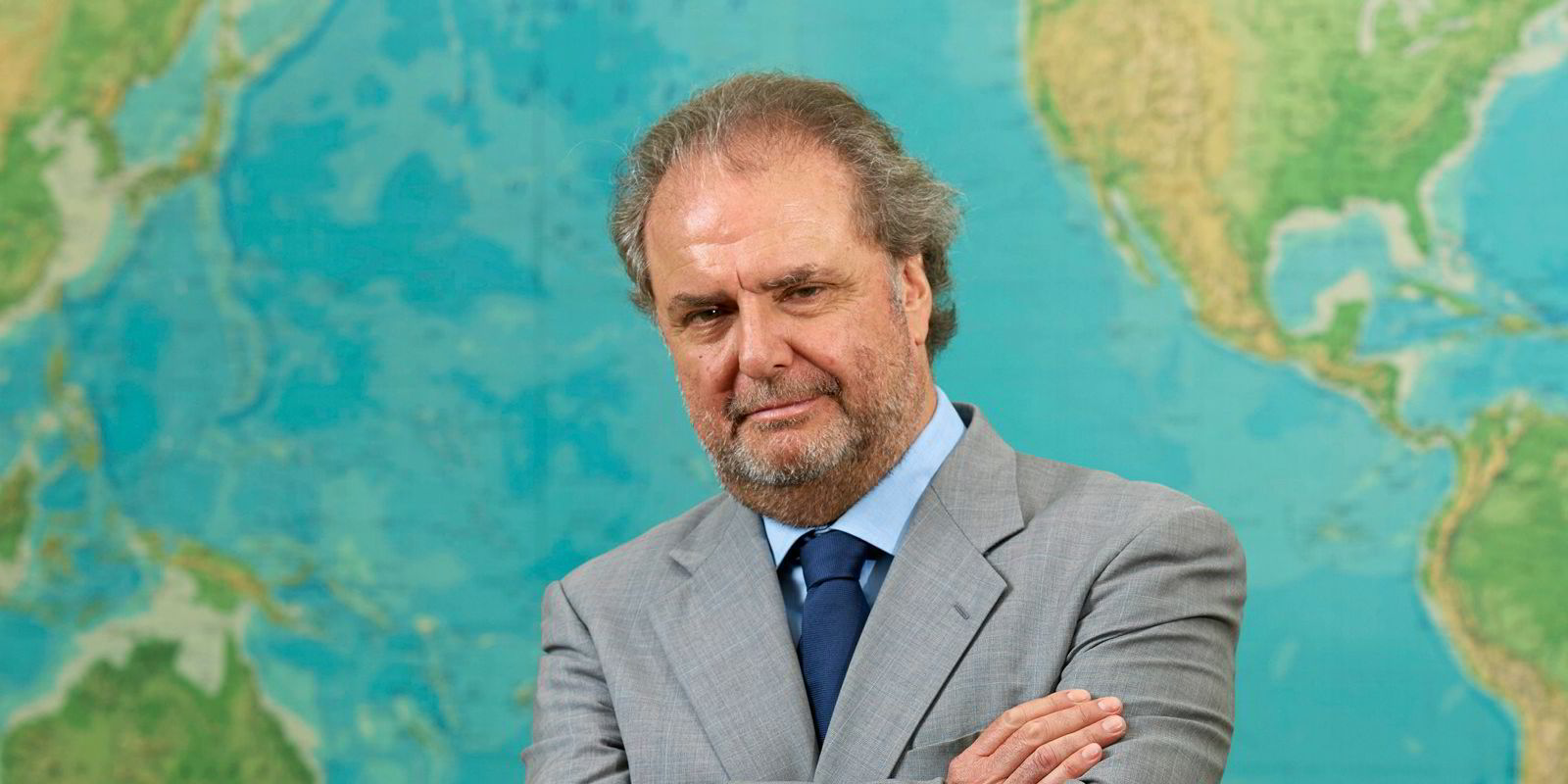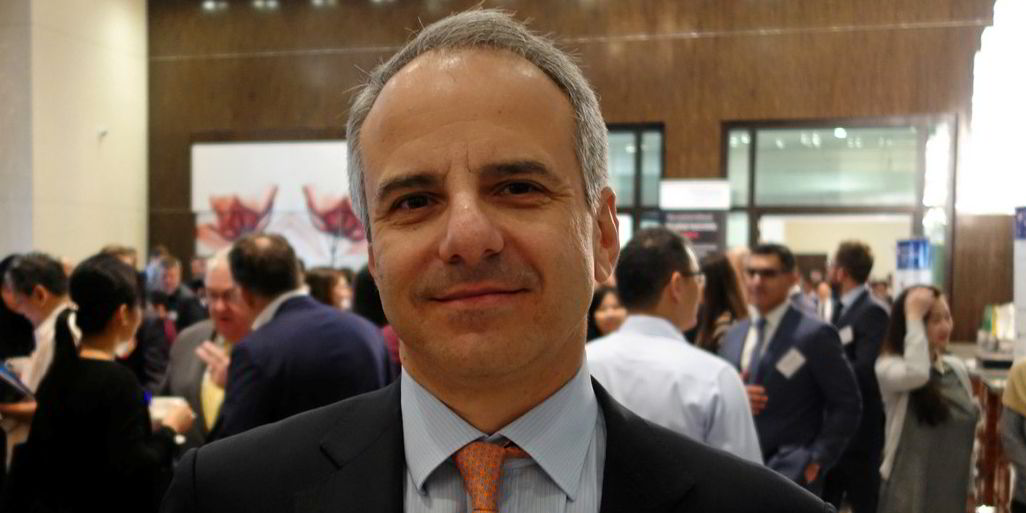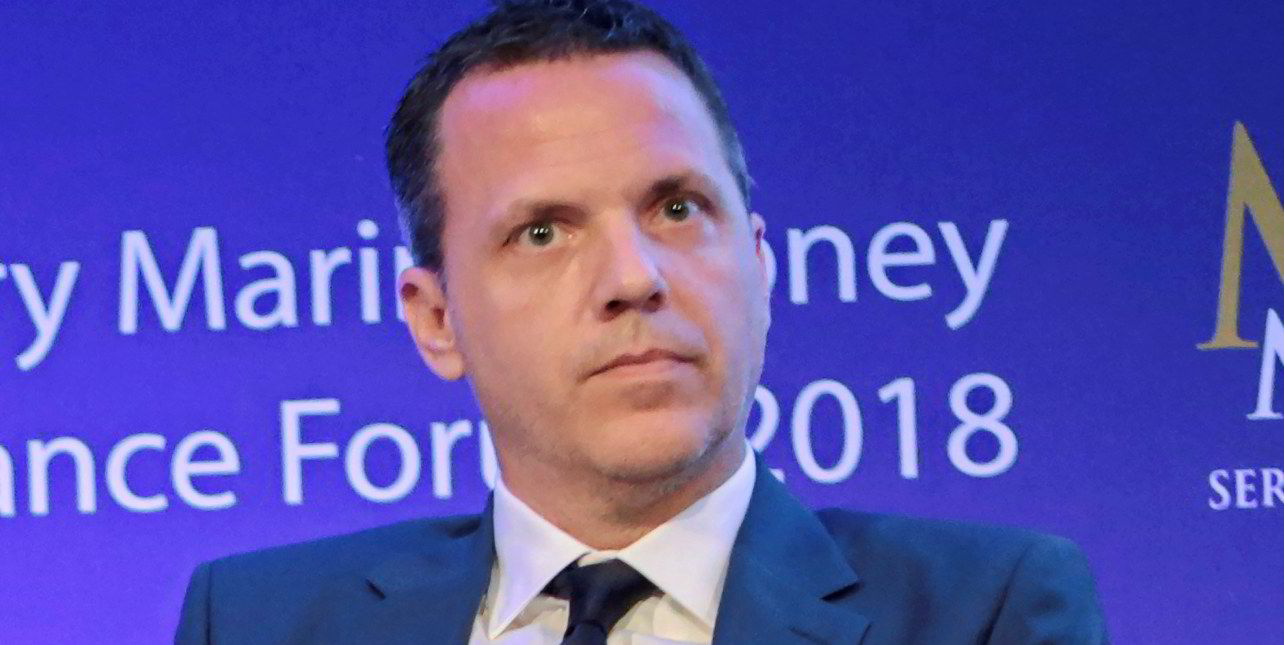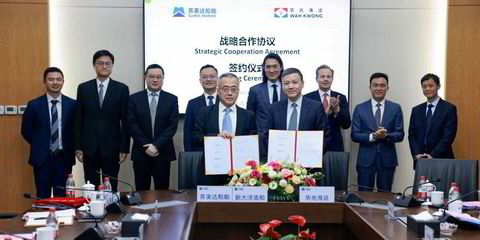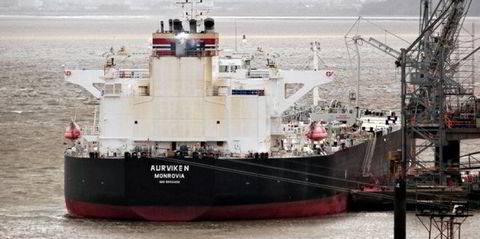Italy’s d’Amico International Shipping (DIS) is not joining the mad scramble for secondhand MR tankers.
The Milan-listed owner’s chief executive Paolo d’Amico told TradeWinds this is because it retains five purchase options for leased vessels at bargain prices.
And he said there are also options to buy four chartered-in tankers, which are not as cheap but remain below market prices.
“They’re a little bit expensive, but they are in the money, so will be looking at those too,” d’Amico said.
“There is no need for us to run around to buy ships,” he added.
“A lot of product tankers changed hands. I don’t know if they end up in the shadow fleet or not, but I know there has been quite an activity for MRs and handies, so it is quite possible,” the boss said.
“For us, it’s like having those ships scrapped because they just disappear from our markets, so they are changing the supply side,” d’Amico added.
In these hot markets, scrapping will only happen when a ship is “really dead”, the CEO argues.
“Whatever you can run today, they will do it,” he added.
DIS has been busy buying leased MRs for big discounts to elevated asset prices.
Sales likely
But with secondhand values still rising, the company is also now thinking about selling.
The CEO told TradeWinds there are a number of older vessels in the fleet that will probably be offloaded at the end of this year or the beginning of 2024.
One MR dates from 2010 and three from 2011.
These are the four bought out of its joint venture with trader Glencore in 2022.
The owner spent $27.4m on Glencore’s 50% slice of Glenda International Shipping, giving it 100%.
Glenda’s four vessels were the 47,200-dwt Glenda Melissa, Glenda Meryl, Glenda Melody (all built 2011) and Glenda Melanie (built 2010), valued at $96m at the time.
DIS has just logged its best-ever annual profit and more positive earnings will come this year.
“I wouldn’t say a record, but I think sustained” is d’Amico’s view on 2023 profit.
Newbuildings unlikely
He points to the very positive supply situation, with product tanker fleet growth set to be only 1% this year.
The CEO explained that usually owners manage to oversupply the market with newbuildings in peak markets, but this is not happening now due to uncertainty over fuel choices, high prices and long lead times at yards.
Tanker routes are longer due to the Ukraine war, d’Amico said.
And he does not see the conflict ending any time soon.
DIS still has 80% of the fleet operating spot to capture strong rates, and this will remain the case this year, the CEO added.
